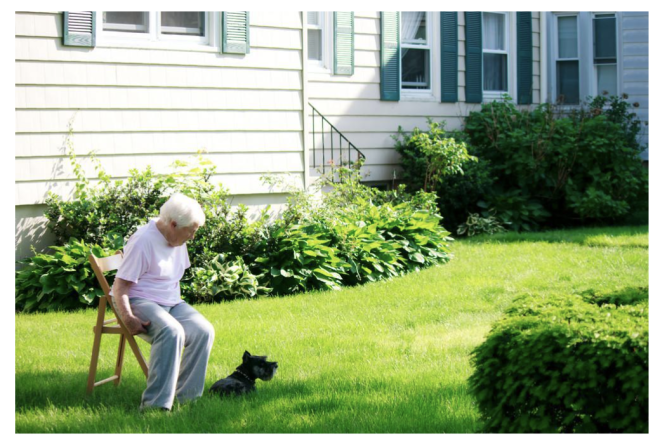- Change theme
Energy-Smart Home Upgrades: Boosting Efficiency with Windows, Trees, and Heating Solutions

Focusing on upgrades that enhance the home environment is essential.
01:46 29 May 2025
As energy efficiency becomes an increasingly important aspect of maintaining a sustainable lifestyle, focusing on upgrades that enhance the home environment is essential. These enhancements not only improve the comfort of a dwelling but also contribute substantially to energy savings. Implementing changes such as upgrading windows, strategically planting trees, and optimizing heating solutions can significantly reduce energy consumption. For homeowners looking to enhance efficiency, recognizing the potential these upgrades bring is crucial. By adopting energy-smart strategies, individuals can effectively reduce both utility bills and their carbon footprint.
Enhancing Efficiency with Window Upgrades
Windows play a crucial role in a home’s energy landscape. While they allow natural light to flood interior spaces, outdated windows can lead to significant energy loss. Opting for energy-efficient replacements offers a dual benefit: maintaining indoor comfort while reducing energy costs. According to Principia Consulting, the investment in energy-efficient windows yields a substantial return, recovering up to 70% of the cost. This contributes not only to savings on heating and cooling but also enhances the market value of the property.
Advanced window technologies such as double glazing and low-emissivity coatings serve to mitigate unwanted heat exchange. These features enhance the insulation properties of windows, making them a cost-effective energy-saving measure. In colder climates, energy-efficient windows reduce the dependency on heating systems, thus saving gallons of heating oil during peak winter months. Meanwhile, in warmer climates, they help minimize air conditioning use, demonstrating their versatility across different environmental conditions. Upgrading windows can thus be one of the most straightforward and impactful home improvements for energy conservation.
Beyond immediate financial savings, upgraded windows contribute positively to home aesthetics and environmental quality. Enhanced window performance reduces the condensation that can lead to mold, thereby improving indoor air quality. Newer models also provide better soundproofing, adding to overall home comfort. Energy-efficient windows represent a holistic approach to home improvement, combining aesthetic, economic, and environmental benefits. By prioritizing window upgrades, homeowners proactively enhance their living space while committing to an energy-smart future.
Strategically Planting Trees for Energy Savings
A natural yet effective strategy for improving home energy efficiency involves the careful placement of trees. Properly positioned trees can significantly influence heating and cooling needs. According to studies, strategically planting trees around a home can reduce air conditioning needs by as much as 30% and heating costs by up to 50%. This approach capitalizes on the natural shade provided by trees, which block direct sunlight during hot months and insulate against cold winds during winter. Utilizing this green methodology not only saves energy but also enhances curb appeal.
Trees act as a natural barrier against harsh weather conditions. In summer, they provide shade that minimizes the need for energy-intensive air conditioning. Meanwhile, in the winter, trees can act as windbreaks reducing heat loss from homes. For example, evergreen trees placed to the north of a house can shield it from cold winds, thereby reducing heating needs. The eco-friendly impact of trees extends beyond energy savings, contributing to local biodiversity and improving the quality of urban air. This makes tree planting a valuable dual-purpose strategy for energy conservation and environmental improvement.
Optimizing Heating Solutions in the Home
A key area of focus for enhancing home energy efficiency is optimizing heating solutions. Effective heating strategies can substantially reduce household energy consumption, particularly during the colder months. The U.S. EIA reported that an average home using heating oil as its main heat source consumed approximately 470 gallons in the winter of 2022. By reassessing and upgrading heating systems, homeowners can minimize reliance on non-renewable heating fuels. Transitioning to energy-efficient heating systems plays a crucial role in achieving cost savings and reducing environmental impact.
Modern heating solutions, including programmable thermostats and solar heating systems, represent significant advancements toward energy-smart solutions. Programmable thermostats allow homeowners to customize heating patterns, which can lead to significant reductions in energy usage. Solar heating systems utilize natural energy from the sun, offering a renewable alternative to traditional heating methods. Incorporating these technologies enables households to maintain a comfortable living environment while efficiently managing energy consumption. For homeowners looking to modernize, these solutions provide an excellent opportunity to enhance comfort and sustainability concurrently.
